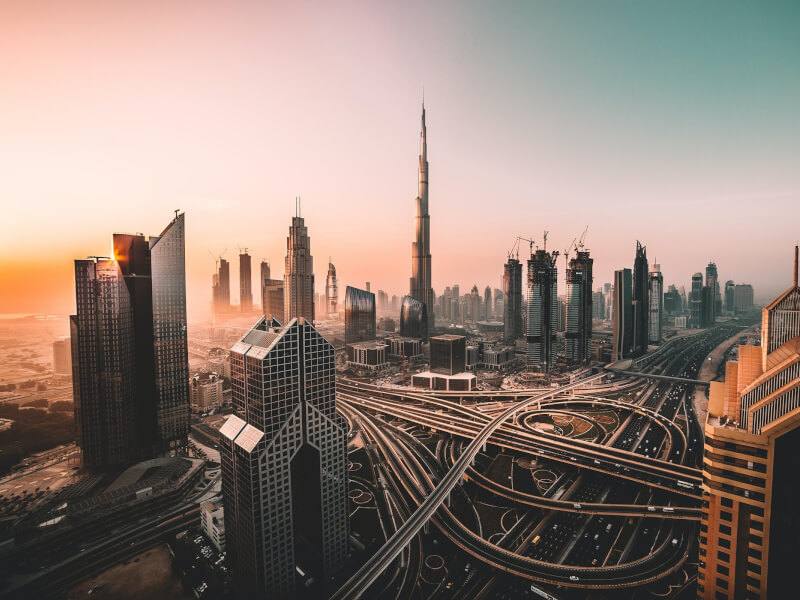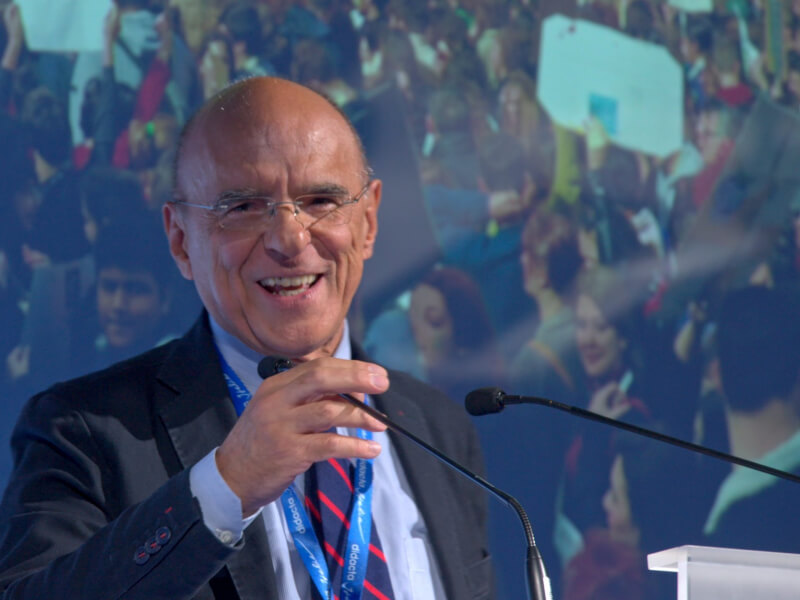30 November 2023 – “Phase down of fossil fuels is inevitable, it is essential.” These words from Sultan Al Jaber – CEO of oil company Adnoc and President of COP28 – seems to herald a significant shift in mindset from a major oil and gas producing nation.
And despite widespread criticism of his suitability to head COP28, Al Jaber could actually be the right man for the job – someone who understands from inside the oil and gas tent what it will take to move the industry on, the realpolitik of business and the fact climate action won’t happen at speed without significant amounts of private finance.
What remains to be seen is whether the UAE-led climate talks starting this week in Dubai will take heed of the growing movement of support gathering around the phase out of fossil fuels that wants to end the world’s addiction to oil, coal and gas.
For a long time, the issue of addressing fossil fuels remained on the fringe of international climate negotiations, with policymakers and businesses more comfortable talking about promoting clean energy than addressing fossil fuels directly.
The 2015 Paris Agreement is silent on fossil fuels, while the 2021 Glasgow Pact, after last-minute political wrangling, included a phase down of coal-fired power and phase out of inefficient fossil fuel subsidies, but no overall phase out of fossil fuels. At COP27 in Egypt in 2022, this trend started to change, with momentum for a fossil fuel phase-out building. And, despite today’s geopolitical tensions, the war in Ukraine and the situation in Gaza and Israel, this momentum continues to grow.
More than 200 demand-side companies are urging governments, financiers and fossil fuel suppliers to begin the work to phase out fossil fuels as soon as possible.
These companies are not small fry, they have a combined revenue of more than $1.5 trillion and include household names such as Sony, Roche, Tetra Pak, Virgin Media O2, DHL, EON, WH Smith, owners of Zara – Inditex, Coca Cola Europacific Partners, AstraZeneca, ACCIONA, Bayer, BT, Mahindra, IKEA, Iberdrola, JLL, Heineken, Danone, Nestle, Deutsche Telekom, eBay, Electrolux, Royal Philips, Scania Group, Volvo Cars, Signify, Unilever, and Vodafone.
The list of companies goes on, and they have been joined by many other voices including more than 45 million healthcare professionals who sent a letter urging Al Jaber to get countries “to commit to an accelerated, just and equitable phase-out of fossil fuels as the decisive path to health for all”.
The call for climate action and a fossil fuel phase out from the non-profit sector is not limited to environmentalists, those working on development and human rights are issuing similar demands as they witness the increasing impacts of a warming world on people everywhere, in particular in the global south. Amnesty International wants governments at COP28 “to agree to a full, fair, fast and funded phase out of fossil fuels and a human rights compliant transition to renewable power which facilitates access to energy for all”.
And countries across Africa and Asia, about whom the argument used to be made that they needed oil, coal and gas to develop, are adding their voices to the list of those wanting an end to fossil fuels. Plans produced ahead of COP28 show the African Group of negotiators calling for rich countries to stop approving new fossil fuel production projects by 2030, while India wants them to go beyond net zero and start sucking carbon out of the atmosphere by 2050.
Perhaps the clearest words on the need for urgent action and for a phase out of fossil fuels have come from the Pope.
“If there is sincere interest in making COP28 a historic event that honours and ennobles us as human beings, then one can only hope for binding forms of energy transition that meet three conditions: that they be efficient, obligatory and readily monitored,” said the Pope in his October 2023 Laudate Deum statement. “To the powerful, I can only repeat this question: ‘What would induce anyone, at this stage, to hold on to power, only to be remembered for their inability to take action when it was urgent and necessary to do so?’”
At the culmination of its moment in the climate limelight, what does the UAE Presidency want to be remembered for? Let us hope they have their sites securely set on a legacy that can lead us to a healthier, safer future for the planet.
Originally published on Reuters.






